EDITORIAL
Published on 22 Sep 2021
Editorial: Involvement of Bioactive Peptides in the Control of Cell Survival, Proliferation and Plasticity in Physiological and Pathological Conditions
doi 10.3389/fendo.2021.767733
- 861 views
26k
Total downloads
109k
Total views and downloads
Select the journal/section where you want your idea to be submitted:
EDITORIAL
Published on 22 Sep 2021
ORIGINAL RESEARCH
Published on 20 Jan 2021
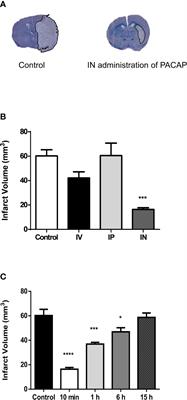
REVIEW
Published on 14 Jan 2021
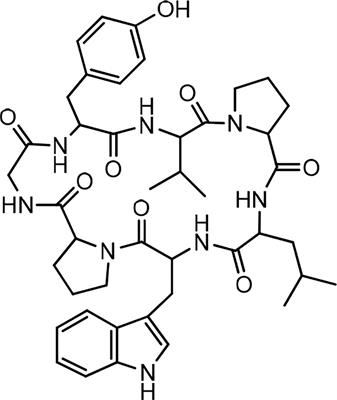
REVIEW
Published on 04 Nov 2020
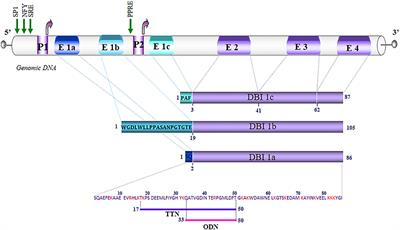
ORIGINAL RESEARCH
Published on 16 Oct 2020
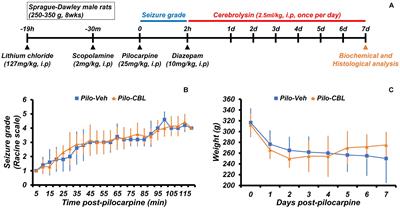
MINI REVIEW
Published on 24 Sep 2020
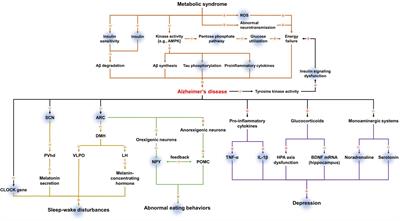
REVIEW
Published on 11 Aug 2020
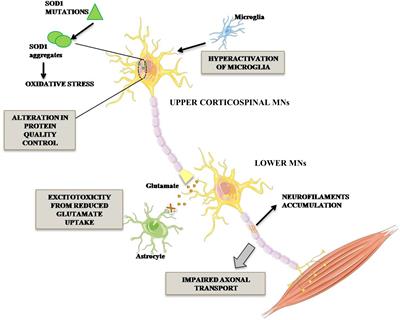
REVIEW
Published on 14 Jul 2020
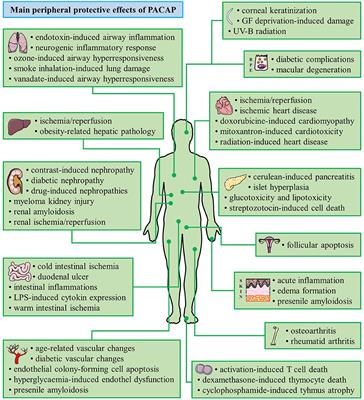
ORIGINAL RESEARCH
Published on 04 Jun 2020
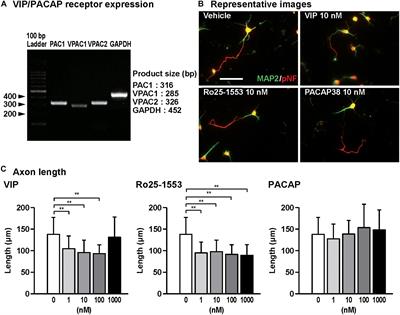
MINI REVIEW
Published on 06 May 2020
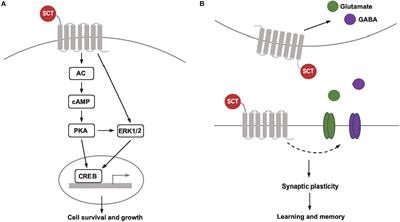
ORIGINAL RESEARCH
Published on 24 Mar 2020
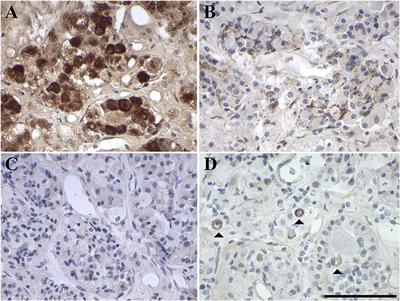
REVIEW
Published on 06 Mar 2020
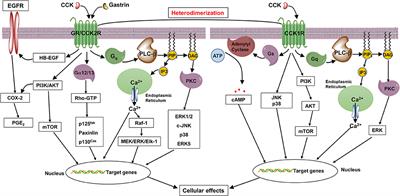

Frontiers in Neuroscience